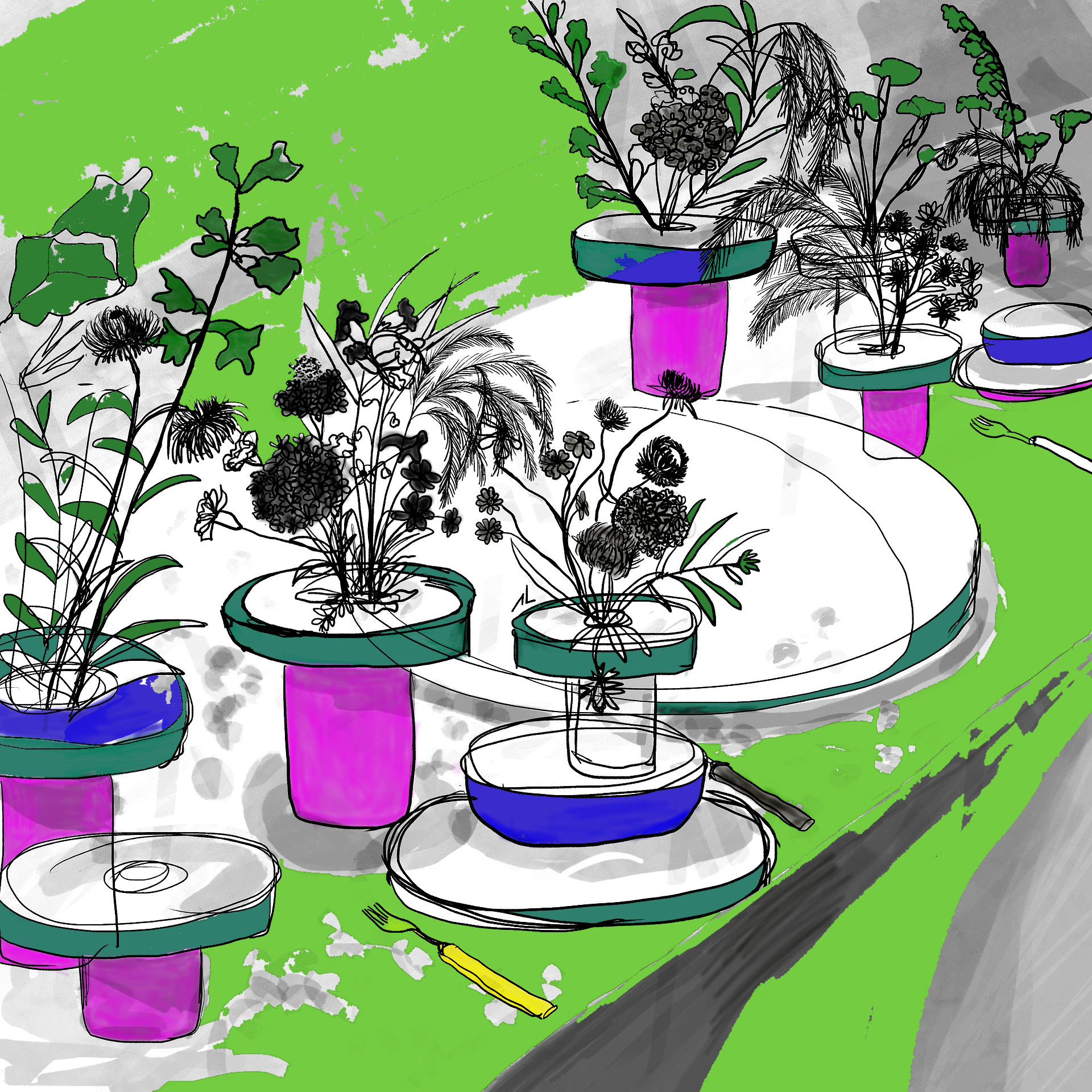I've been mulling over the idea of "survival of the richest" for a long time an unsettling twist on the natural law of "survival of the fittest." The more I observe the world, the more it seems that wealth, rather than raw physical or intellectual power, often becomes the key to enduring life's many upheavals.

I remember a time when I truly believed that hard work and merit were enough to secure a bright future. However, as I started to notice patterns around me, I realized that those with wealth aren't just lucky—they have resources that act as a buffer against the harsh realities of life. Whether it's during economic downturns, health crises, or sudden market shifts, the rich seem to have a safety net that is not available to the majority of us. Their success, in many ways, is self-perpetuating. Money creates opportunity, and that opportunity creates more money—a cycle that is as mesmerizing as it is daunting.
One of the aspects that strikes me most is how wealth enables access to better education, healthcare, and networks. I've seen how a family with financial resources can navigate emergencies that leave others stranded. For instance, while many of us might scramble for a decent hospital or worry about whether our insurance will cover an unexpected diagnosis, those with deep pockets can secure top-tier medical care and even skip waiting lists. It’s a clear illustration of how survival isn’t just about being resilient—it’s also about having the means to protect yourself against the worst that life can throw at you.
Yet, there’s a bittersweet reality here. Observing the survival of the richest often forces me to confront the deeper inequities in our society. It makes me question the very nature of fairness and merit. Is it really just if the structures we’ve built reward money over talent or effort? I find myself both fascinated and troubled by how wealth, once accumulated, seems to create a fortress of privilege. This isn’t merely about having more than others—it’s about being insulated from many of the vulnerabilities that come with the human experience.
I’ve also witnessed the resilience that comes with money isn’t purely physical. There’s an emotional and psychological shield that accompanies financial security. When you know that a safety net is in place, you’re more willing to take risks, to innovate, and even to fail without the devastating consequences that might affect someone without such a cushion. In my own life, there have been moments when the prospect of failure was daunting because I didn’t have a similar backup plan. It’s humbling to see how that lack of a safety net can change one’s approach to life and decision-making.
There’s also a certain irony in this dynamic. Society often champions the ideals of hard work and perseverance, yet the reality is that the scales are tipped from the start. The richest not only survive—they thrive, often in ways that make it increasingly hard for others to catch up. This isn’t just an economic observation; it’s a personal reminder of how opportunity is unevenly distributed. I’ve found myself both motivated and frustrated by this disparity. Motivated to work harder, yet frustrated by the systemic barriers that many face simply because they start with less.
In reflecting on these thoughts, I’m left with a mix of admiration and sadness. Admiration for the ingenuity and resilience that money can provide, and sadness for the many who, despite their best efforts, remain caught in cycles that are hard to break. It makes me wonder: if survival has become so closely tied to wealth, what does that mean for the kind of society we’re building? And perhaps more importantly, what can we do to ensure that success isn’t reserved for a select few from the start?
Ultimately, while the survival of the richest might seem like an inevitable aspect of our current system, it also challenges us to think about fairness, opportunity, and the kind of future we want to create. For me, it’s a call to remain critically aware of the privileges we have and to advocate for a society where resilience isn’t a luxury but a shared human experience.